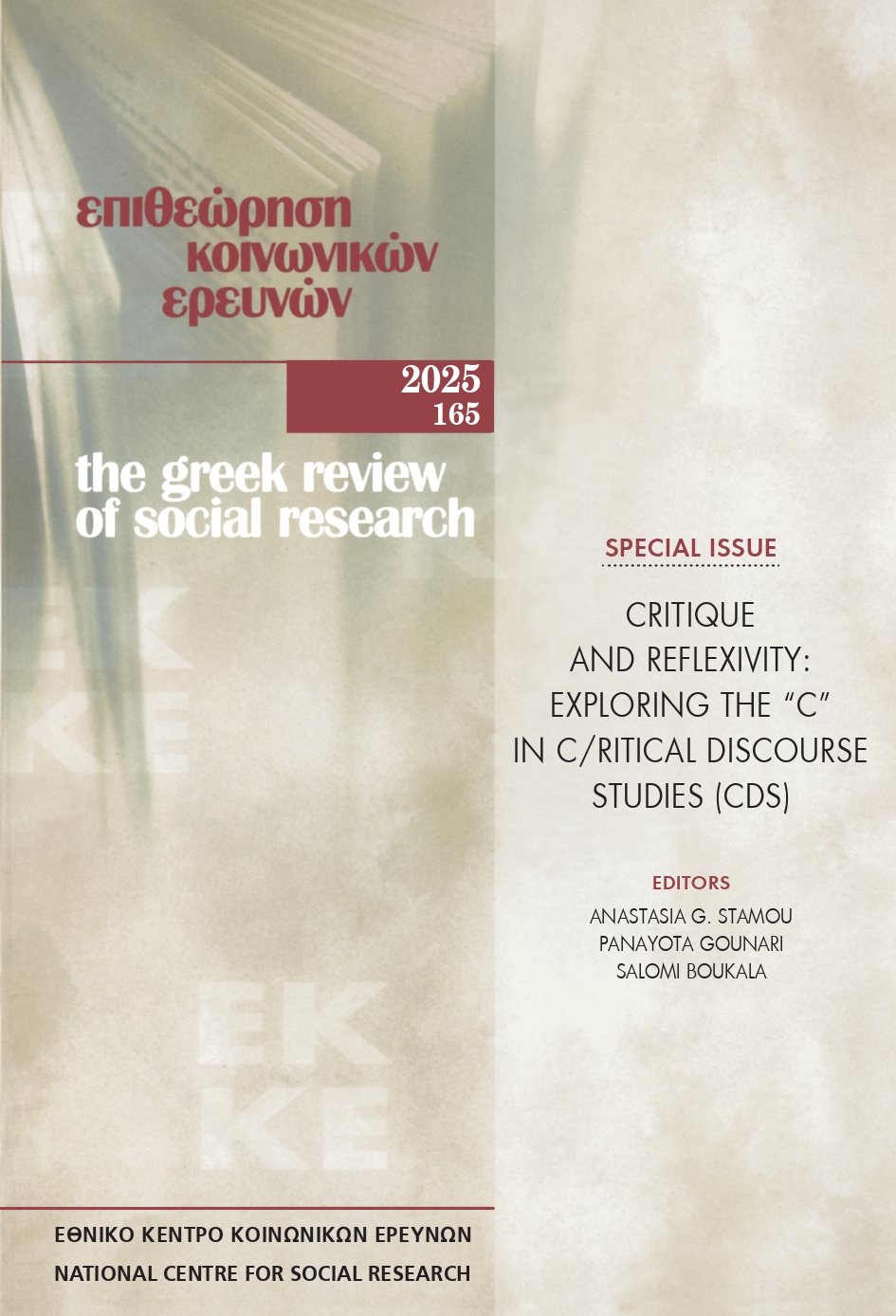Discourse and Mediation: A Historical Overview of Theoretical Narratives and Research Agendas

Abstract
This article examines key conceptualizations of discourse that have shaped scholarly analyses of mediation, communicative networks, and practices of digital modernity across the social sciences and humanities throughout the 20th century. It traces four influential frameworks through which discourse has been appropriated: (1) discourse as communicative power, (2) discourse as popular empowerment, (3) discourse as the textualization of power, and (4) discourse as symbolic power. These frameworks reveal distinct analytical orientations to the political and popular dimensions of mediation, and reflect varying understandings of the power of discourse as shaped through language and visuality in the construction of social realities. The article concludes by briefly addressing how these conceptualizations of discourse and power are being reconfigured in the context of machine learning, algorithmic mediation, and big data in the digitized landscape of the 21st century.
Article Details
- How to Cite
-
Chouliaraki, L. (2025). Discourse and Mediation: A Historical Overview of Theoretical Narratives and Research Agendas. The Greek Review of Social Research, 165, 75–94. https://doi.org/10.12681/grsr.42208
- Section
- Articles

This work is licensed under a Creative Commons Attribution-NonCommercial 4.0 International License.
Authors who publish with this journal agree to the following terms:
- Authors retain copyright and grant the journal right of first publication with the work simultaneously licensed under a Creative Commons Attribution Non-Commercial License that allows others to share the work with an acknowledgement of the work's authorship and initial publication in this journal.
- Authors are able to enter into separate, additional contractual arrangements for the non-exclusive distribution of the journal's published version of the work (e.g. post it to an institutional repository or publish it in a book), with an acknowledgement of its initial publication in this journal.
- Authors are permitted and encouraged to post their work online (preferably in institutional repositories or on their website) prior to and during the submission process, as it can lead to productive exchanges, as well as earlier and greater citation of published work (See The Effect of Open Access).


